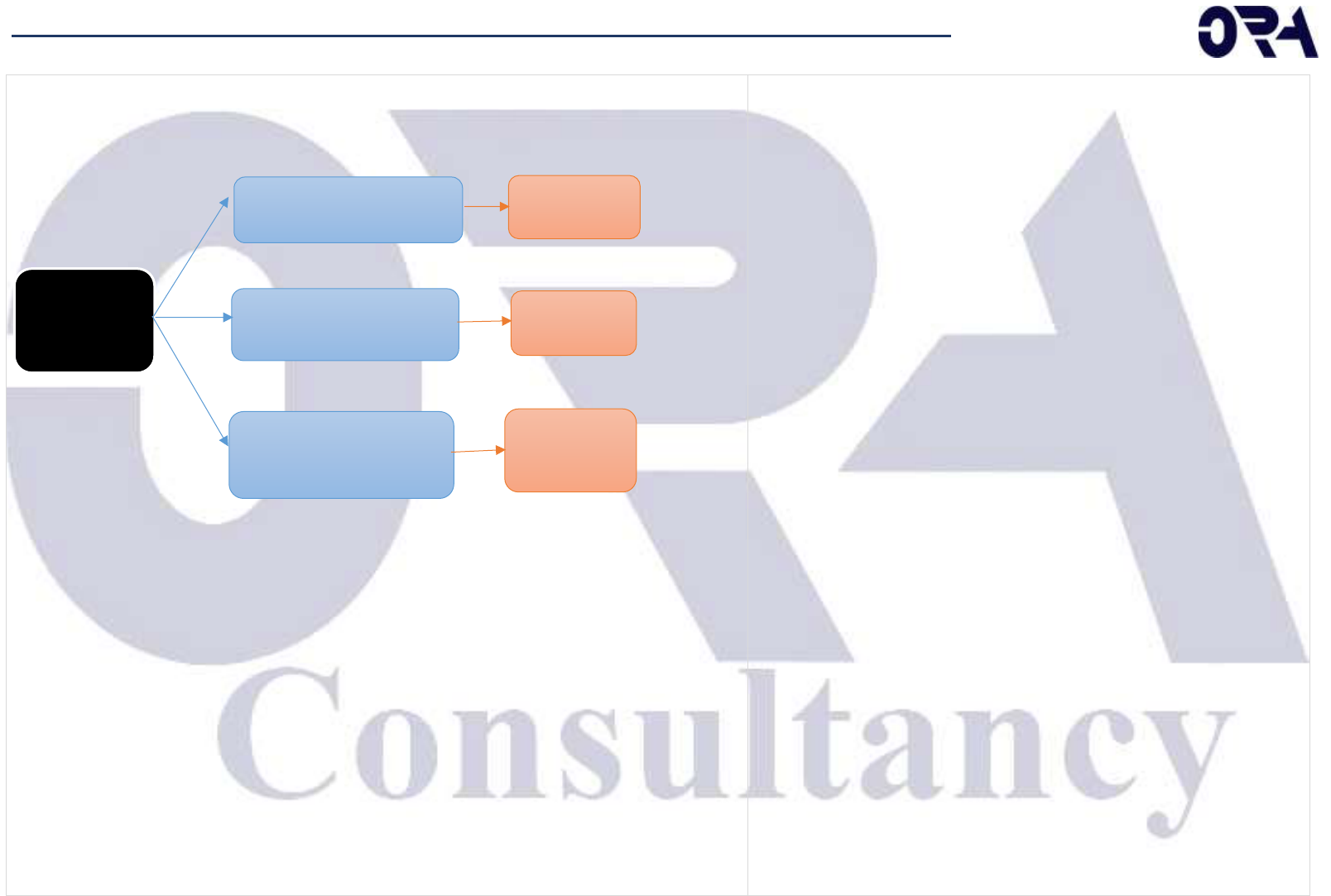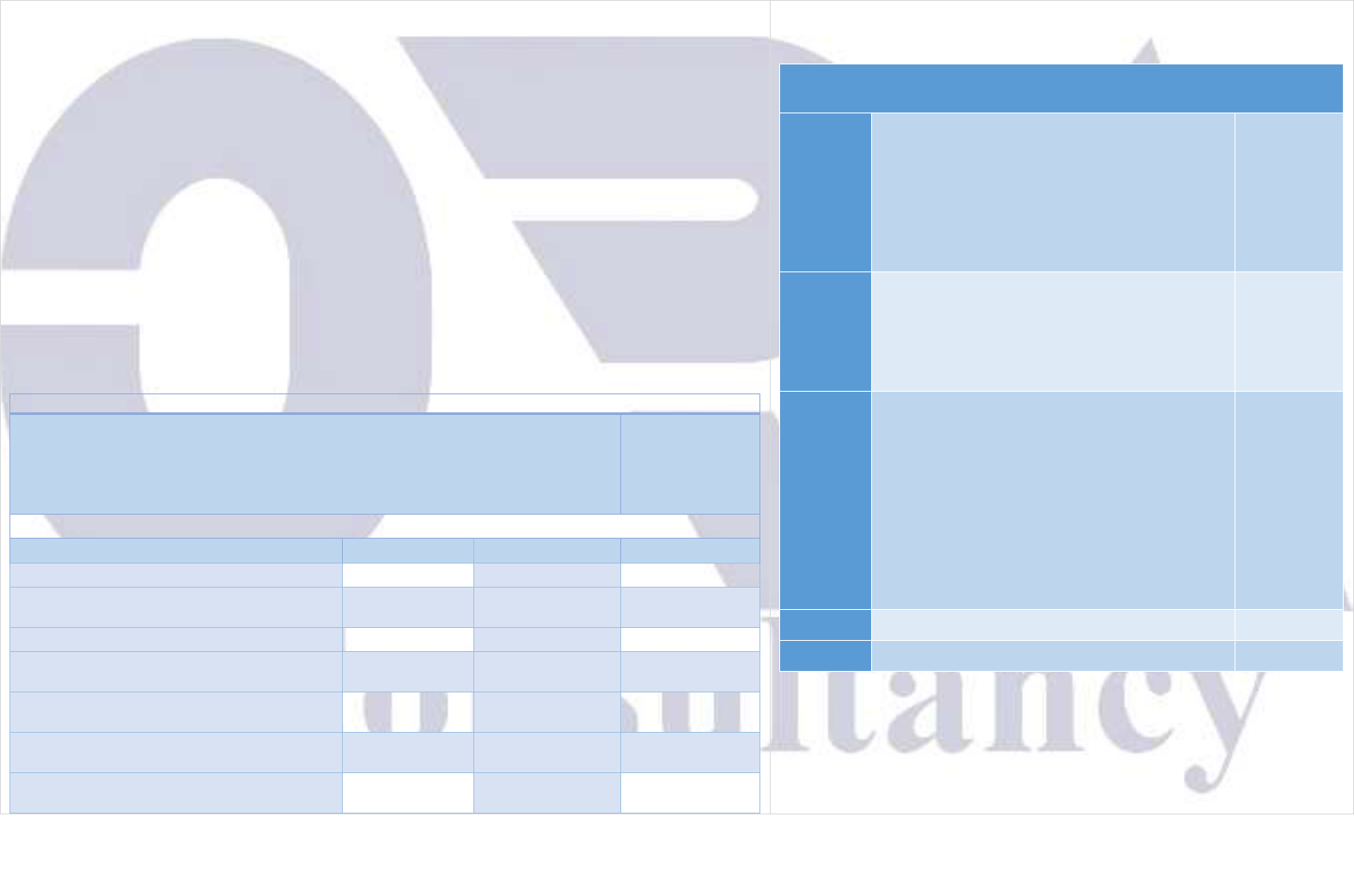
Nepal Financial Reporting Standards (NFRS)
Nepal Financial Reporting Standards (NFRS) are set of financial reporting standards developed by
the Accounting Standards Board (ASB) with belief that the common global language for business
affairs so that company accountants are understandable and comparable within Nepal.
Who have Public Accountability?
1) Whose debt or equity instruments are traded in public market or is in process of issuing
such instruments (except listed Micro Finance not having economic significance)
2) It holds assets in a fiduciary capacity for broad group of outsiders as one of its primary
businesses:
a. banks, credit unions, insurance companies, security dealers and mutual funds,
investment banks (except Micro Finance and Cooperatives not having economic
significance)
b. Pension and retirement fund
3) Government Business Enterprises (GBEs), Public entities established under special acts
not preparing financial statements under NPSAS
4) Entities having economic significance
What is Economic Significant?
1) The entity called entity having economic significant if any of the
following, conditions are satisfied
2) Borrowings from B&FIs or public funds or from entities holding an
assets in fiduciary capacity of NPR 50 Crore (500 Million) or more;
3) Total of Financial Position (Balance Sheet) without offsetting
current assets and current liabilities) of NPR 1 Arab (1000 Million)
or more;
4) Employing more than 300 employees including worker during the
year on an average
5) Annual Turnover of NPR 1 Arab (1000 Million) or more
6) Holding an assets in fiduciary capacity in excess of NPR 50 Crore
(500 million) including security brokers handling Demat account,
micro finance and co-operatives
Note: An entity which attains at least 1 of these limits in 2 consecutive
years shall be deemed to be an entity having economic significance
to qualify as an entity with public accountability and once qualified,
must fall below all of these limits for 2 consecutive years to cease to
qualify.
What is Small and Medium-sized Entities (SMEs)?
Small and Medium-sized Entities (SMEs) are the entities that;
1) Do not have public accountability; and
2) Publish general purpose financial statements for external users
Note: General purpose financial statements are those directed to
general financial information of the wide range of users who are not
in position to demand reports tailored to meet their particular
information needs.
Therefore, entity comply with the above definition of SMEs shall
prepare financial statements as per NFRS for SMEs issued by The
Institute of Chartered Accountant of Nepal.
Applicability
of NFRS
Those entities having
Public Accountability
Those entities not having
public Accountability
Those entities not having
public Accountability
other than SMEs
Full NFRS
NFRS for
SME
NFRS for
Micro Entity
Nepal Financial Reporting Standards (NFRS) Applicability and Adoption Timeline

What is Micro Entities?
Micro entities are those entities, which fulfill all the following thresholds:
1) Annual turnover of NPR 10 Crore (100 Million) or less
2) Borrowing from B&FIs or Public Fund or from entity holding assets in fiduciary capacity of
NPR 5 Crore (50 Million) or less
3) Total of financial position (Balance sheet) of NPR 10 Crore (100 Million) or less without
offsetting current assets and current liabilities
4) Holding assets in fiduciary capacity of NPR 5 Crore (50 Million) or less including security
broker handling demat account, micro finance and co-operatives.
Note: An entity must meet all of these limits in 2 consecutive years to qualify as a micro-entity and
once qualified, must exceed at least 1 of these limit for 2 consecutive years to cease to qualify.
Therefore, entity not having public accountability and not SMEs shall prepare financial statements
as per NAS for Micro-entity issued by the Institute of Chartered Account of Nepal.
Summary of NFRS Applicability
Public Accountability
1) Debt or Equity traded in public market
2) Hold assets in fiduciary capacity (Bank, Insurance, Mutual fund etc.
PF/R/P)
3) Government Business Entities
4) Economic Significance
Full
NFRS
Economic Significance
Particulars
NFRS
SMEs
ME
Loan/ Borrowings
50 Cr <= #
5 Cr < # < 50 Cr
5 Cr >= #
Financial Position (Balance Sheet) Total
100 Cr <= #
10 Cr < # < 100
Cr
10 Cr >= #
Number of Employees
300 < #
N/A
N/A
Annual Turnover
100 Cr <= #
10 Cr < # < 100
Cr
10 Cr >= #
Holding and Assets in Fiduciary Capacity
50 Cr < #
5 Cr < # < = 50
Cr
5 Cr >= #
Qualify
At least 1 for 2
CY
…………..
All for 2 CY
Disqualify
Below all of
these for 2 CY
………………
At least exceed
for 2 CY**
Adoption Timeline of NFRS
The entities shall prepare its Financial Statements as per respective
applicable NFRS on or after the following timeline
Type
Entity Type
Financial
Year
A
1) Listed Multinational Manufacturing
Companies
2) Listed State Owned Enterprises (SOEs)
with minimum paid up capital of NPR 5
billion (except Banks and Financial
Institutions under BAFIA Act 2006)
2014/15
B
1) Commercial Bank including State Owned
Commercial Bank
2) All other listed State Owned Enterprise
(SOEs)
2015/16
C
1) All Other Financial Institution not covered
under A&B above
2) All other State Owned Entity (SOEs)
3) Insurance Companies
4) All other listed companies
5) All other corporate bodies/entity not
defined as SMEs or entities having
borrowing with minimum of NPR 500
Million
2016/17
D
SMEs as defined and classified by ASB
2078/79
E
Micro-entity as defined and classified by ASB
2078/79
Note: SMEs, Micro-entity & NPOs can prepare its financial statements
as per respective NFRS for the FY 2077-78 as voluntarily.
The Institute of Chartered Accountant of Nepal has extended the due
date of applicability of NFRS to FY 2020-21 for SMEs and Non-Profit
Organization.
**CY= Consecutives Year
Note: -
NFRS-9, NFRS-14, NFRS-15, NFRS-16, NFRS-17 and NAS-29 shall be applicable form 1
st
Shrawan 2078 and rest of NFRS standards are applicable from 1
st
Shrawan 2077.
-
The entity should compulsory applied related IFRIC and SIC while preparing financial statements from 1
st
shrawan 2077.
